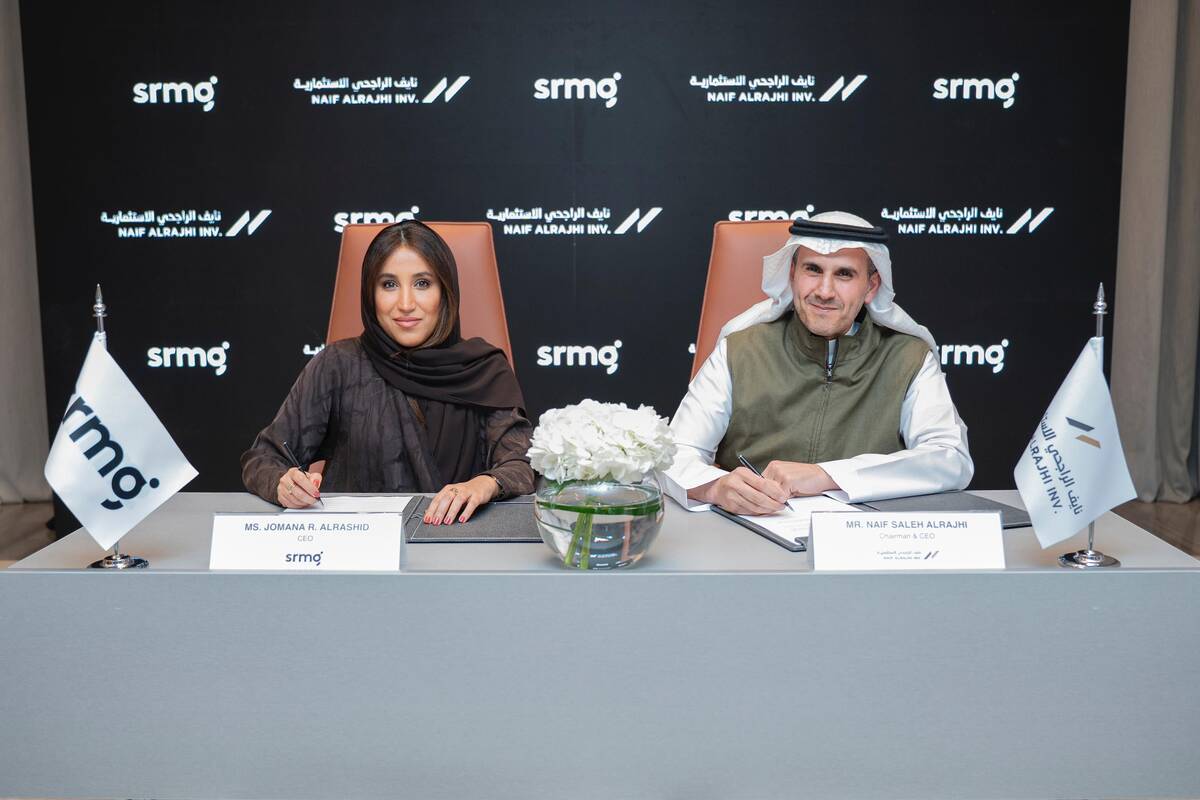LONDON: Middle East media need to present a united front against Google and Facebook due to the allegedly unfair advantage enjoyed by the social-media giants, something that could kill off local media within years, it has been claimed.
A private meeting of industry executives in April, held at the Top CEO conference in Jeddah, raised the issue of how big social-media companies are apparently offering advertising at much cheaper rates in the Middle East.
Julien Hawari, co-CEO of conference organizer and publisher Mediaquest Corp., said that a number of recommendations were drawn up, principally the need for more government regulation and taxation on social-media giants.
The next step is to publish a white paper of the recommendations, and form a united front with a wider range of media outlets, he said.
“We are allowing the local ecosystem to be completely destroyed by Google and Facebook,” Hawari told Arab News.
“They are selling (advertising) well below the price they should be selling at. This is one of the problems.
“The way things are going, in a few years’ time … there will be no more local media that have influence, have impact.”
Hawari said that the average price for local publishers to break even with digital media products was roughly $10 per 1,000 advertisement impressions, known in the industry as “CPM.”
“Google and Facebook are able to sell their advertisement inventory sometimes at prices that are $1, $2 or $3 a CPM. And the only reason they are able to sell at such cheap prices is that they have very little infrastructure in the region … Basically, they are selling the last marginal unit, which is the cheapest.”
“Today, Google and Facebook are dumping their inventory in the region at prices that do not allow local competition to emerge,” he added, pointing out that there is no specific legislation to prevent this.
Google and Facebook did not immediately respond to a request for comment.
Hawari said there was no call to ban the digital media giants, but rather to make the market fairer through regulation and taxation.
“The playing field needs to be leveled in such a way that it is really competitive to everybody,” he said.
“You cannot allow one player to distort and completely destroy the market … The only way you are going to achieve results (is through) regulation and taxation.”
The news comes, as it emerged that media outlets in the US are seeking permission from Congress for the right to negotiate jointly with Google and Facebook, which dominate online advertising and online news traffic.
The News Media Alliance, which represents nearly 2,000 news organizations, said that because of those two companies’ dominance, news publishers are forced to “surrender their content and play by their rules on how news and information is displayed, prioritized and monetized.”
“These rules have commoditized the news and given rise to fake news, which often cannot be differentiated from real news,” the alliance said in a press release on Monday.
The news industry has been hit with declining print readership and a loss of advertising revenue as it has moved online.
The outlets want stronger protections for intellectual property, support for subscription models and a bigger share of the online advertising market. Google and Facebook combined will account for 60 percent of the US digital advertising market this year, according to the research firm eMarketer.
The news alliance says it would need an exemption from antitrust law to negotiate as a group. But getting Congress to pass an exemption is likely to be difficult.
Campbell Brown, global head of news media partnerships at Facebook, said in a statement to Arab News: “We’re committed to helping quality journalism thrive on Facebook. We’re making progress through our work with news publishers and have more work to do.”
A Google spokesperson said: “We want to help news publishers succeed as they transition to digital. In recent years, we’ve built numerous specialized products and technologies, developed specifically to help distribute, fund, and support newspapers. This is a priority and we remain deeply committed to helping publishers with both their challenges, and their opportunities.”
Austyn Allison, the editor of Campaign Middle East, a Dubai-based magazine covering the advertising industry, said that the power wielded by big social media companies was becoming an issue globally.
“I think there’s a problem with Google and Facebook getting too powerful everywhere. And I really don’t know that there’s much of a way to stop them,” he told Arab News.
This had led to an “if-you-can’t-beat-‘em-join-‘em approach,” he added.
“That’s what a lot of sites like Stepfeed, Lovin’ Dubai and other new entrants are doing. They are playing to the Facebook and Google models to promote their distribution.
“But that can end up with news sites becoming very click-baity, and erring toward sensational but low-quality news.
“On the other hand, quality, established media outlets are losing out … the more quality news brands work together, the better. There is strength in numbers on the Internet, and at the moment Google and Facebook have those numbers on their side. If traditional outlets can accept that they are no longer rivals with one another but with the duopoly, then we might see the balance start to shift.”
— With input from AP

























